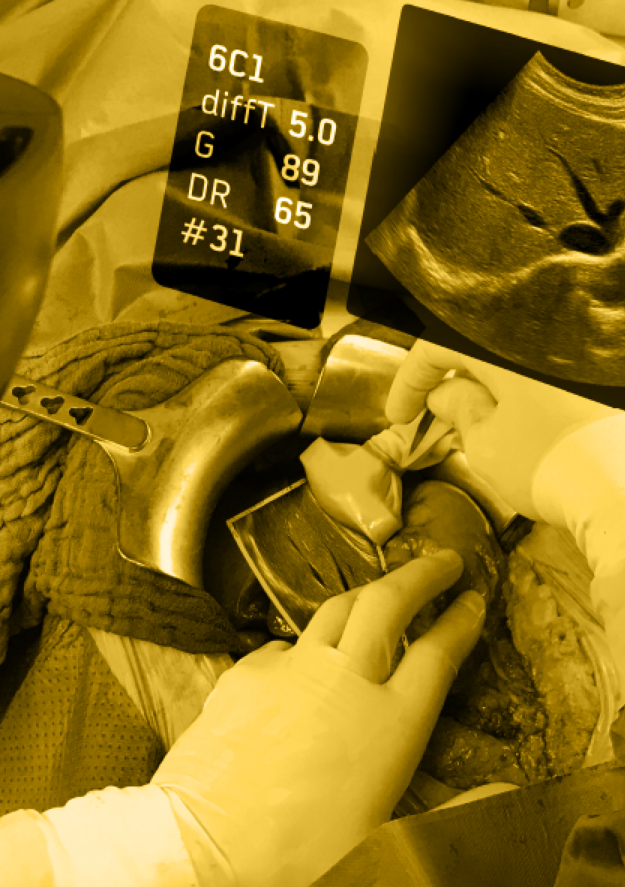Adaptive Images.
Challenges for Visual Studies and Media Theory
Identifiers (Article)
Abstract
Digital images increasingly determine the way people interact with their environment. New imaging and sensing technologies register, process, and transmit information about the physical world in real time and make it possible to continuously adapt visualizations to specific spatio-temporal settings and in relation to motion, location and perspective. With this constant feedback loop between image and environment, images gain in perceptive and practical importance. The convergence of visual, spatial and performative dimensions heralds a new type of visual media described here as “adaptive images”. Drawing on selected cases of adaptive techniques in applied contexts, such as surgery, entertainment, industrial manufacturing and psychotherapy, the paper introduces the emerging field of adaptive imaging and discusses its respective aesthetic, spatial, and operational conditions and implications. It thereby provides a tentative survey of how adaptive images challenge visual studies and media theory, and claims that their analysis requires an interdisciplinary approach.
Statistics





